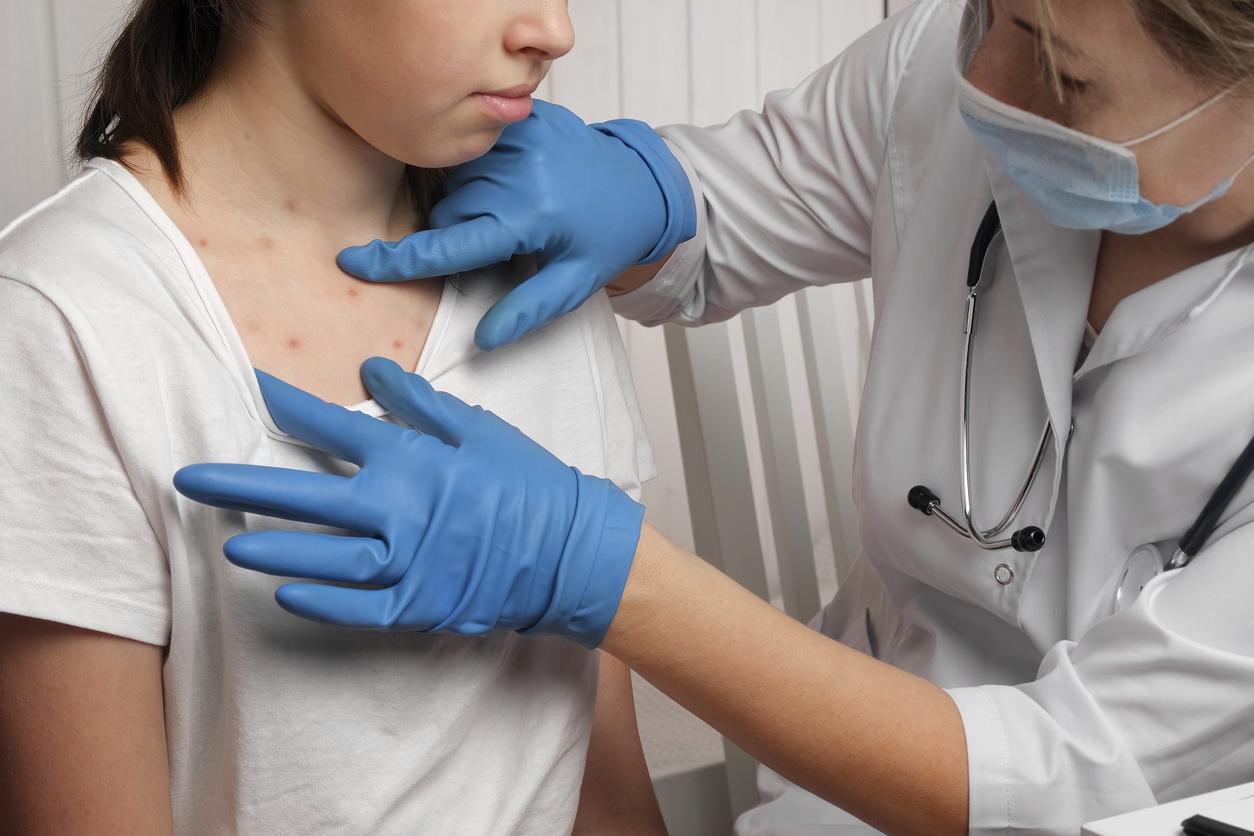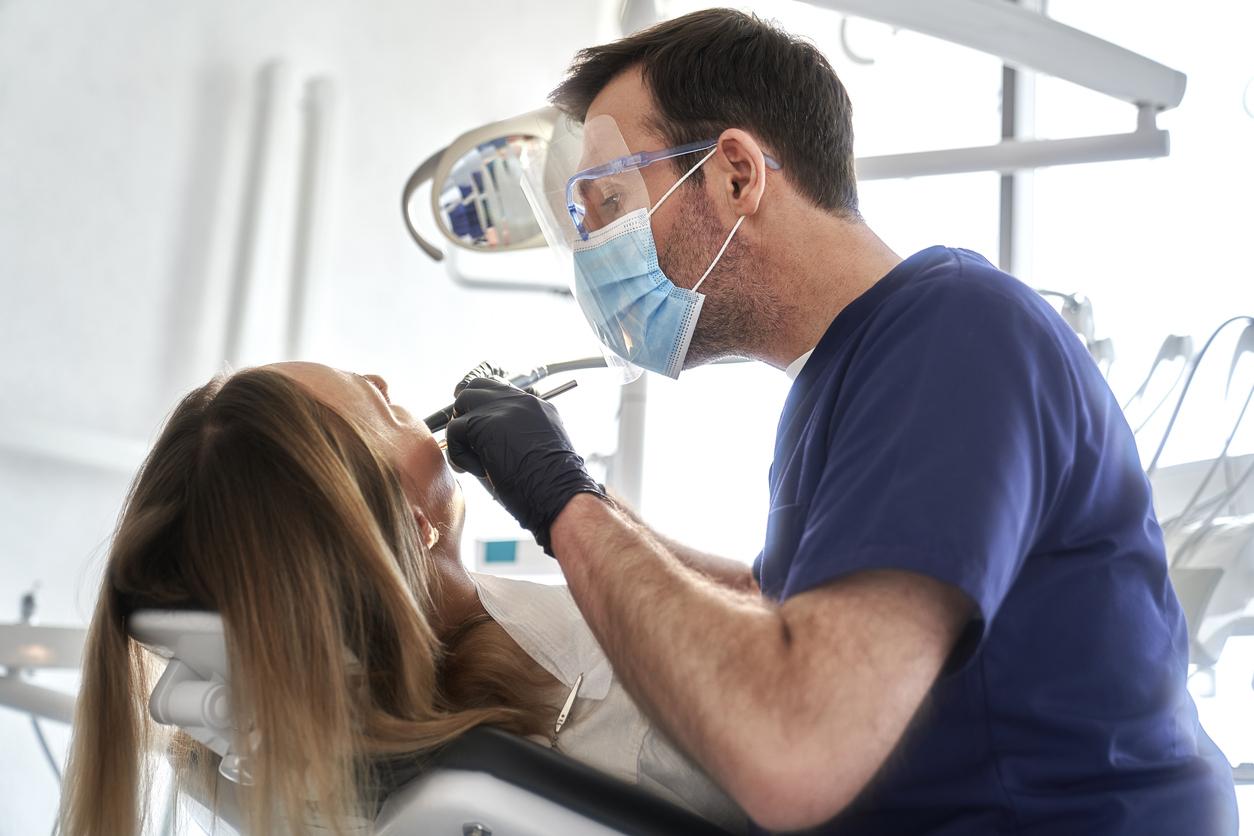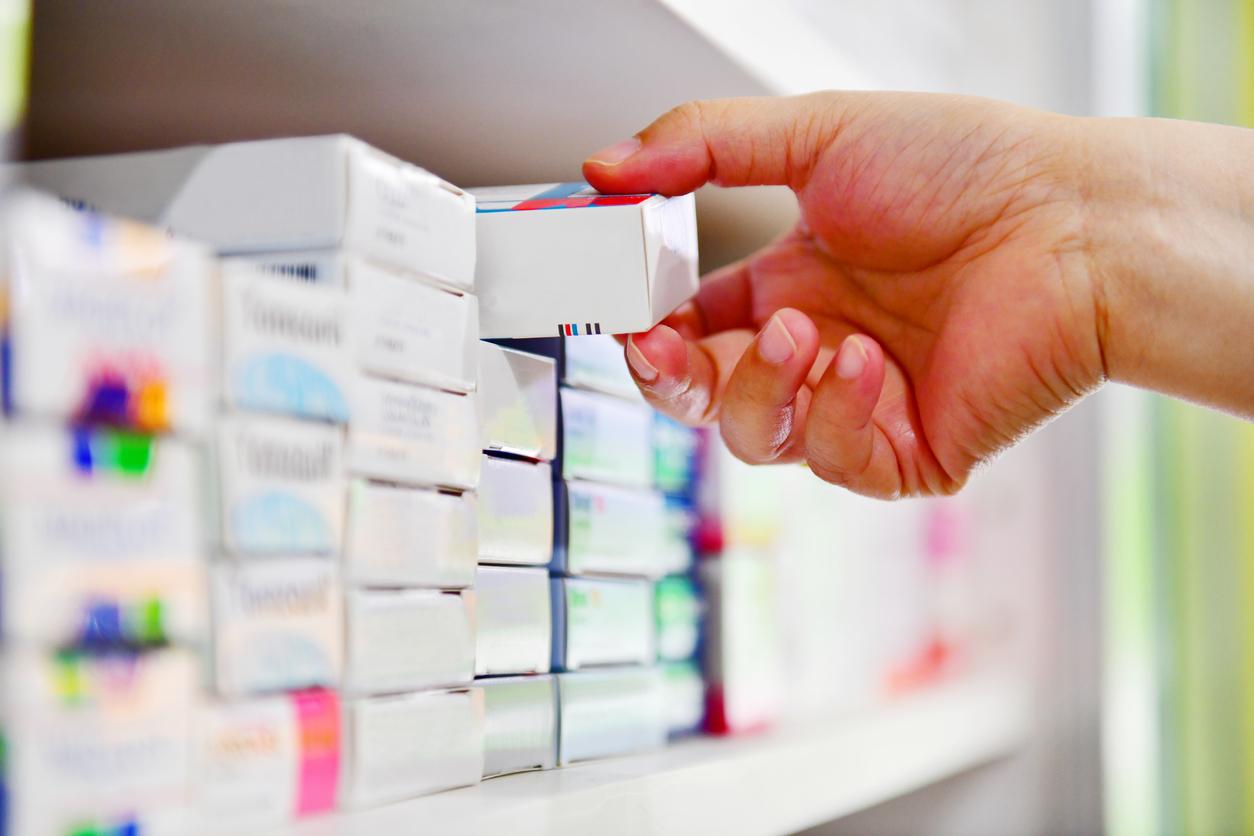Medical research deserves more investment in France, according to the President of the Republic, who underlined, on October 12, during his speech for the “France 2030” plan that drug innovation very often came from elsewhere. For this, 7.5 billion euros will be dedicated to it with the aim of finding “at least 20 biomedicines against cancers, emerging diseases and chronic diseases, including those related to age”, he said. announcement. But what are biomedicines?
The principle of biomedicine is that its active substance is derived from biological material. He has not nothing to do with a drug from organic farming and it has nothing to do with alternative medicine. There are living drugs: an organ transplant, for example. Or penicillin which comes from molds, but neither are biomedicines. And finally there are chemical drugs: ibuprofen for example, whose active ingredient is not biological.
Medicines that we see everywhere, without knowing it
If the term is not familiar to you, biomedicines are nevertheless everywhere around us: in messenger RNA vaccines for example. But also in the principle oftherapeutic antibodies (called monoclonal) used for example to prevent certain patients at risk of developing serious forms of Covid-19, protein hormones, in growth hormones. This method of making the drug has existed for a very long time, with opotherapy which consisted of administering extracts of organs of animal origin in the 19th century, as researchers from the University of Tours point out in 2016.
They are used to treat infectious diseases, cancers or blood diseases, coagulation problems, hormonal problems. They are also used in the fight against diabetes, because the insulin administered is genetically recombined (i.e. it comes from living organisms but a stage of modification of the cell has taken place before it is used to manufacture insulin to be injected) to get as close as possible to natural insulin. These drugs have made it possible to cure previously incurable diseases and are seen as the future of medicine.
Sources: France 2030 Plan, Ministry of Solidarity and Health, University of Tours.
Read also:
- Covid-19: monoclonal antibodies in 3 key points
- What is this preventive anti-Covid drug developed by Pfizer?
- Carmat artificial heart: first implantation in a woman


















